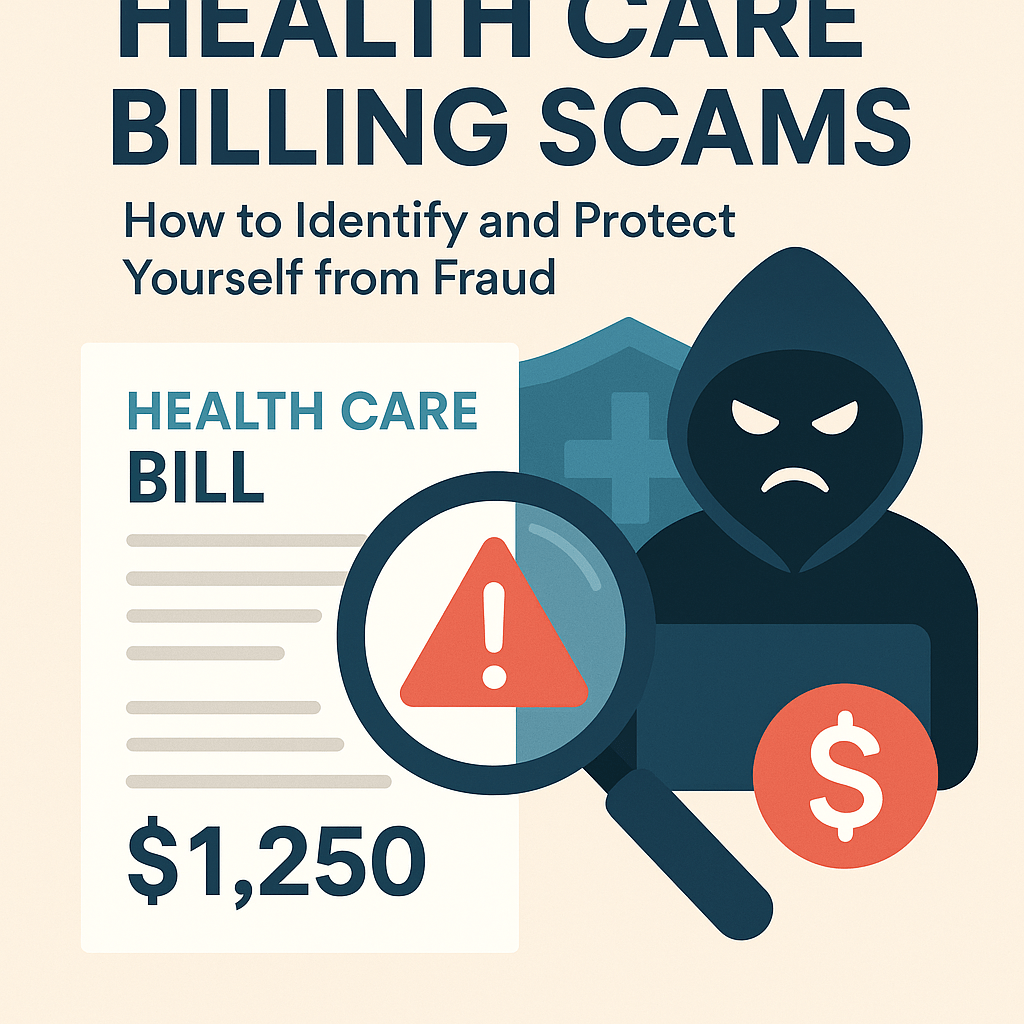Health care billing fraud affects more people than most realize. Every year, billions of dollars are lost to false claims and overbilling in medical services. According to the National Health Care Anti-Fraud Association, this type of fraud costs the U.S. nearly $100 billion annually, a staggering amount that drives up insurance premiums and drains government resources. This makes public awareness and vigilance essential in preventing abuse within the system.
If you’ve ever wondered, how do you report Medicare fraud, you’re already taking the first step toward accountability. Citizens play a vital role in identifying and reporting deceptive billing practices that can harm patients and waste taxpayer money. After learning how to spot suspicious activities and understanding reporting procedures, you can make a real impact on protecting public health care funds.
Know What Health Care Billing Fraud Looks Like
Fraud in health care can occur in many ways. Some providers bill for services that were never performed, while others exaggerate diagnoses to charge higher fees. You might also see repeated charges for a single treatment or claims for equipment never received. Reviewing medical bills and Explanation of Benefits (EOB) documents helps catch these errors. Always question unfamiliar charges and verify each listed service with your health care provider before paying or approving claims.
Understand Your Rights as a Patient
Patients have the right to accurate billing and transparent communication about medical costs. You can request detailed itemized statements for every treatment or procedure. This transparency ensures that your health insurance provider covers legitimate claims only. If you suspect overcharging or manipulation, federal laws allow you to report it safely. The system is designed to protect those who step forward with credible information about fraudulent practices in the health care sector.
Learn How and Where to Report Fraud
Knowing the process is crucial for effective action. When you ask how do you report Medicare fraud, the answer depends on the source of your insurance. For Medicare-related issues, you can contact the Office of the Inspector General (OIG) hotline or submit reports online through CMS. For private insurance, reach out to your insurer’s fraud department. Accurate information and documentation enable agencies to investigate efficiently and stop abuse more quickly.
Collect Reliable Evidence Before Filing a Report
Documentation supports every successful investigation. Keep copies of all suspicious bills, statements, or letters related to the claim. Write down dates, provider names, and any unusual comments made during appointments. Avoid taking confidential medical records that belong to others, as this may violate privacy laws. Instead, share only the documents you legally possess. Well-organized evidence increases the credibility of your complaint and assists investigators in verifying your claims quickly.
Why You Should Hire a Lawyer for Health Care Fraud Cases
- Legal Guidance: A lawyer explains your rights and the best way to report fraud without risking retaliation or privacy violations.
- Protection from Retaliation: Attorneys ensure you stay legally protected if an employer, provider, or insurer tries to punish you for speaking up.
- Accurate Case Filing: Legal professionals know the exact steps and documents needed to make your complaint credible and admissible.
- Evidence Management: A lawyer helps organize and present proof correctly, avoiding errors that could weaken your case.
- Higher Success Rate: With legal support, your claim is more likely to lead to an investigation, penalties, or financial recovery.
Every citizen can play a part in stopping health care billing fraud. Awareness, documentation, and timely reporting create a strong defense against corruption in the medical system. After understanding the warning signs and knowing how to take action, you can help protect both patients and public resources. Standing up for honesty in health care ensures that the system serves those who need it most, not those who seek to exploit it.

